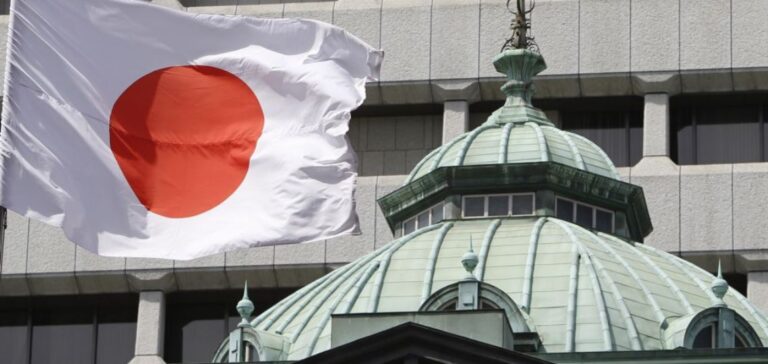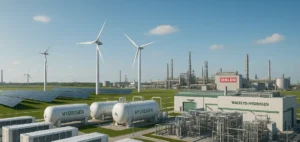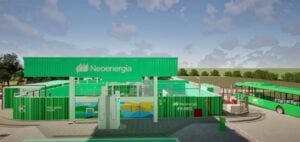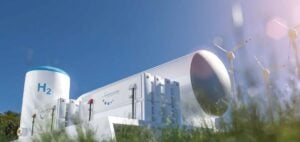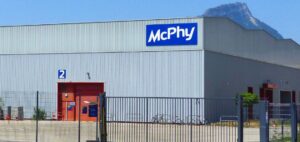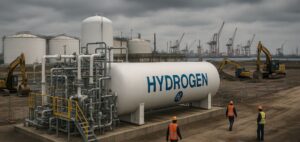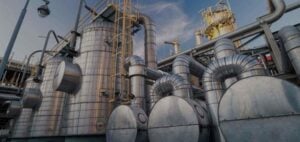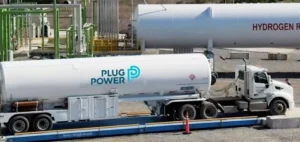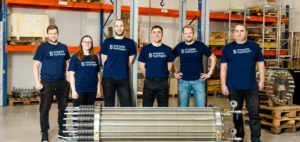The Japanese government will invest 1.5 billion euros in a controversial project to supply Japan with hydrogen produced from coal in Australia. The funding comes from a Japanese government fund for “green innovation” and will be used for the commercial phase of the project, which aims to liquefy hydrogen in Australia and ship it to the industrial port of Kawasaki, near Tokyo.
The project, known as HESC (Hydrogen Energy Supply Chain), has already received an investment equivalent to 300 million euros from the Japanese and Australian authorities for its pilot phase. For the commercial phase, the objective is to produce 30 to 40,000 tons per year of hydrogen by the end of the current decade, before potentially increasing to 225,000 tons per year in the 2030s.
Reduction of CO2 emissions or increase?
The promoters of the project claim that this would reduce CO2 emissions by 1.8 million tons per year, equivalent to the annual emissions of 350,000 thermal cars. However, hydrogen production from coal is highly polluting, and without carbon capture and storage (CCS) technology, the project would increase CO2 emissions by 2.9 to 3.8 million tons per year, according to a study by the independent think tank Australia Institute published last year.
A CCS solution will therefore be required for the HESC project to have a positive impact on the environment, but it is uncertain at this stage whether such technology will be available when the project becomes operational. Bronya Lipski of the Australian NGO Environment Victoria said that CCS technologies “are unproven, so hydrogen production from coal should not be considered if the world really intends to reduce its greenhouse gas emissions.
Divided opinions
The HESC project has attracted mixed reviews, with some seeing it as a way to reduce greenhouse gas emissions and combat climate change, while others see it as a short-term solution that does not address the underlying problems associated with fossil fuels.
The project developers, including the Japanese joint venture Japan Suiso Energy (JSE), comprising Kawasaki Heavy Industries and Iwatani Corporation, welcome the Japanese government’s investment, saying it gives them “the confidence to move to the next stage of commercialization.” However, they also acknowledged that the project was “complex” and that there was “still some way to go in terms of approvals, design, construction and commissioning.”

